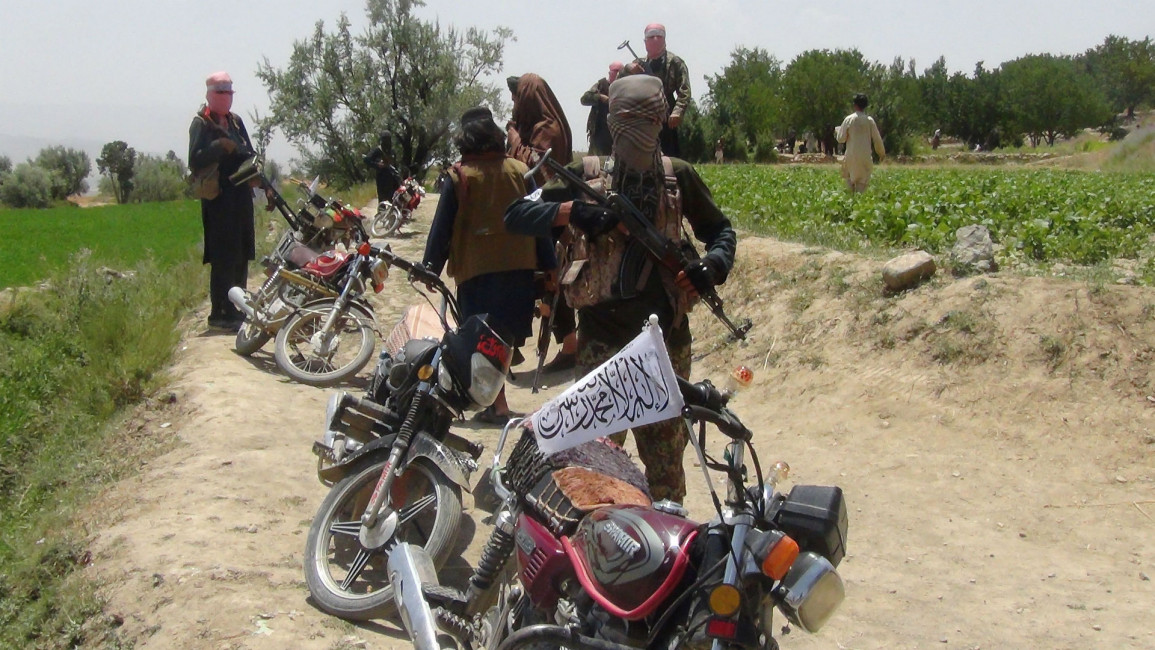Afghan president selects anti-Taliban hardliners in security shake-up
Two top Afghan security chiefs were replaced on Saturday by President Ashraf Ghani on Sunday, in a major shake-up that comes following persistent attacks by Taliban militants.
Staunch anti-Taliban officials, Amrullah Saleh and Assadullah Khaled, were appointed to key posts in the interior and defence ministries.
There was no official explanation for the sudden reshuffle, which saw the intelligence chiefs appointed in key political positions.
Previously Ghani rejected the resignations of former interior minister Wais Ahmad Barmak and defence minister Tariq Shah Bahrami following criticism over an increasingly deadly insurgency.
The Taliban and Islamic State group have launched a wave of attacks on civilian and military targets in Afghanistan.
Days before the appointment of the two security chiefs as ministers, US President Donald Trump decided to pull out "roughly half" of the 14,000 US forces in the country.
Analysts say the move will likely benefit the Taliban and IS.
A senior Taliban commander told AFP the group was "more than happy" with Trump's decision.
It comes after US envoy Zalmay Khalilzad met with the Taliban in Abu Dhabi, part of efforts to bring the militants to the negotiating table with Kabul.
It could also undermine Khalilzad's position as he holds negotiations with the Taliban.
Ghani could be trying to boost his credentials as a hard-man before he seeks re-election in April.
Saleh, a fierce government critic who fought against the Taliban in the 1990s, served as head of the National Directorate of Security (NDS) from 2004 to 2010.
Khaled was briefly NDS chief in 2012. He was wounded by a Taliban suicide bomber.
Both men will serve as acting ministers until the parliament approves their appointments.



